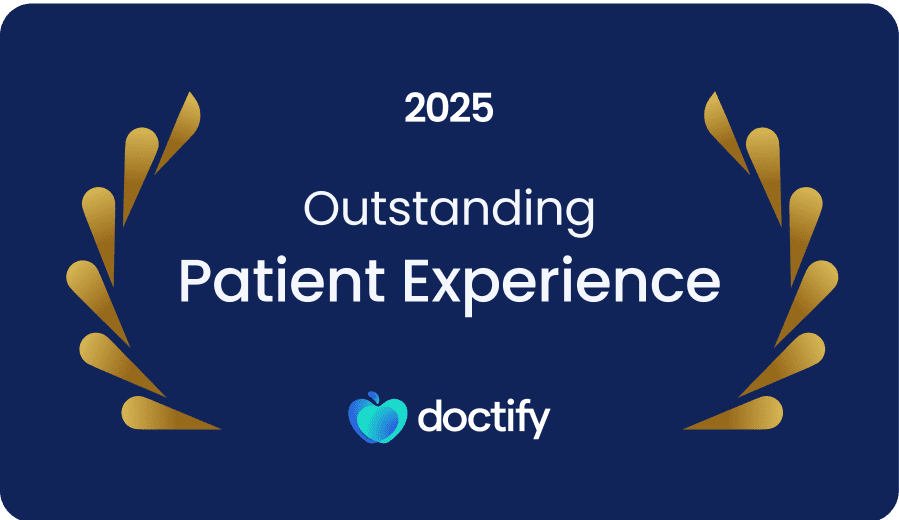Executive Room
- 28 days
- £19,500
- 42 days
- £27,250
- Intensive therapy programme
- ✓
- Clinical detox
- ✓
- 5* home cooked meals
- ✓
- King Size bed
- ✓
- Super King Size bed
- ✗
- En-suite
- ✓
- TV
- ✓
- Lounge
- ✗
- Balcony
- ✗




Guests have a choice of three types of highly equipped en-suite rooms to choose from in our purpose built tranquil clinic in Cheshire. Think boutique 5-star hotel levels of comfort.
Weekly aftercare for 15 months is included in 28 and 42 day packages.
All guests have access to numerous communal areas and extensive restorative, landscaped outdoor grounds with forest and countryside views.
| Feature | Executive Room | Deluxe Room | Signature Suite |
|---|---|---|---|
| 28 days | £19,500 | £21,000 | £23,500 |
| 42 days | £27,250 | £29,500 | £33,250 |
| Intensive therapy programme | ✓ | ✓ | ✓ |
| Clinical detox | ✓ | ✓ | ✓ |
| 5* home cooked meals | ✓ | ✓ | ✓ |
| King Size bed | ✓ | ✓ | ✗ |
| Super King Size bed | ✗ | ✗ | ✓ |
| En-suite | ✓ | ✓ | ✓ |
| TV | ✓ | ✓ | ✓ |
| Lounge | ✗ | ✓ | ✓ |
| Balcony | ✗ | ✗ | ✓ |
Well-appointed and well-equipped (22/ sq ft), our Executive rooms are reminiscent of a boutique hotel. En-suite bathroom, King Size bed, TV, writing desk, armchair, and Wi-Fi



Comfortable & sophisticated, our Deluxe rooms provide a warm and calming space (370 sq ft). Each room has an en-suite bathroom, private aspect, relaxing lounge area, King Size bed, TV, desk area, and Wi-Fi.



Each suite (391 sq ft) is elegant, sumptuous and has a private balcony area with a forest view. The following amenities are included; luxury en-suite with bath, Super King Size bed, Wi-Fi, TV, and comfortable lounge area.



Delamere has four suites; Abbots Moss & Primrose (first floor), Marbury & Cheshire (ground floor).
All suites are as per the description above; the only difference between ground and first floor suites is the ceiling height.
Our admissions team will advise which rooms are available and further photos or video tours are available on request.
We can also assist with addiction intervention services, where the person who needs recovery support is in denial.
At Delamere addiction treatment and behavioural health clinic you’ll benefit from the UK’s only purpose built private residential rehab facility of its kind.
Delamere is designed to be different – not for the sake of it but to bring about much needed innovation. Delamere prides itself on offering:

Start your recovery journey by calling our admissions team today.
Confidential. Straightforward. Friendly.